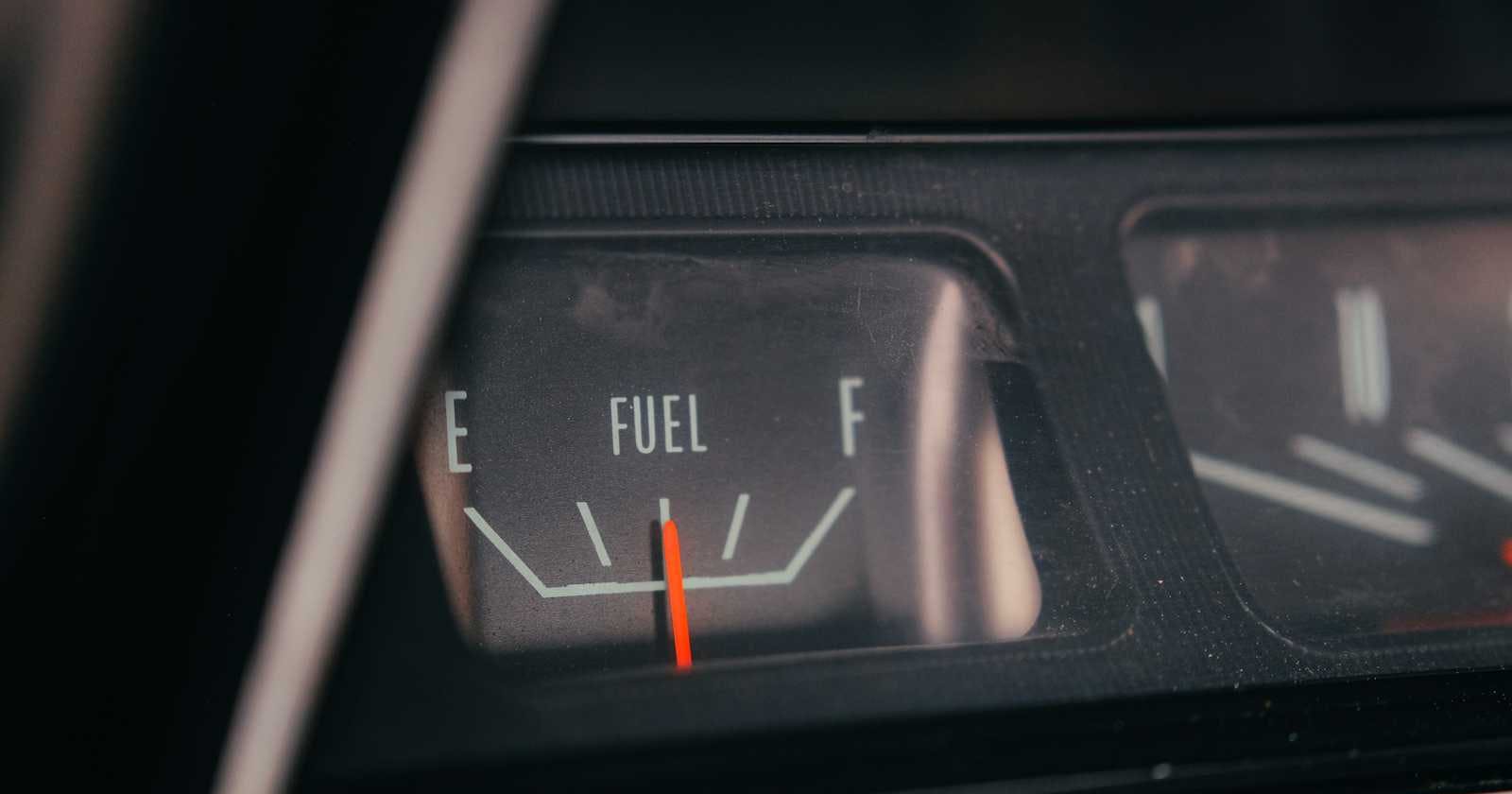Table of contents
Exceptions are errors that occur within our coding. We will discuss how to handle exceptions in Python using try and except, which are ways of testing out user input before something goes wrong.
Fuel Gauge
This program is designed for a fuel gauge, it prompts the user for a fraction and calculates the percentage value. Depending on the percentage value it outputs "E", "F" or the percentage.
Exception handling:
The program uses a try and except block to handle exceptions that might occur during execution.
It catches the
ValueErrorandZeroDivisionErrorrespectively.It tries to process the input by evaluating certain conditions.
If the conditions are not satisfied (e.g. invalid input or division by zero), an exception (either
ValueErrororZeroDivisionError) is raised.the program continues to the next iteration of the loop.
while True:
user_input = (input("Fraction: "))
try:
numerator, denominator = user_input.split('/')
except ValueError:
pass
else:
try:
int(numerator), int(denominator)
except ValueError:
pass
else:
if int(numerator) <= int(denominator):
try:
fraction = int(numerator)/int(denominator)
except ZeroDivisionError:
pass
else:
percentage = fraction * 100
percentage = round(percentage)
if percentage <= 1: # if 1% or less output E
print("E")
elif percentage >= 99: # if 99% or more output F
print("F")
else:
print(f"{percentage}%")
break
Grocery List
The program collects input items which are stored in a list. The occurrence of each item is determined and displayed alongside each unique item.
Exception handling:
The program uses a try and except block to catch the
EOFErrorexception.If the user signals the end of input by pressing control-d, an
EOFErroris raised.When this exception occurs, the program breaks out of the loop using
break.
item_list = []
while True:
try:
items = input().upper()
item_list.append(items)
except EOFError:
break
print()
import numpy as np
values, keys = np.unique(item_list, return_counts=True)
item_dict = {values[i]: keys[i] for i in range(len(values))}
for item in item_dict:
print(item_dict[item], item)
Outdated
The program prompts the user for a date in month-day-year order, formatted like 9/28/1986 (numeric format) or September 28, 1986 (word format). Then outputs the same date in year-month-day order (YYYY-MM-DD).
Exception handling:
The program uses a try and except block to handle exceptions that might occur during execution.
It attempts to process the input by validating certain conditions.
It catches the
ValueErrorexception.If no exception occurs the program prints the date in the format
YYYY-MM-DDand breaks out of the loop.Otherwise, if a
ValueErroris raised the program continues to the next iteration.
months = [
"January", "February", "March", "April", "May", "June",
"July", "August", "September", "October", "November", "December"
]
while True:
date = input("Date: ").strip()
# if date is numeric format
if "/" in date:
try:
month, day, year = date.split("/")
month = int(month)
day = int(day)
year = int(year)
if month <= 12 and day <= 31:
print(f"{year}-{month:02}-{day:02}")
break
else:
continue
except ValueError:
pass
# if date is word format
elif "," in date:
try:
month_day, year2 = date.split(",")
month2, day2 = month_day.split(" ")
year2 = int(year2)
day2 = int(day2)
month2 = months.index(month2) + 1
if month2 <= 12 and day2 <= 31:
print(f"{year2}-{month2:02}-{day2:02}")
break
else:
continue
except ValueError:
pass
else:
continue
Felipe’s Taqueria
The program enables the user to place an order at a restaurant. It prompts for items one per line and displays the total cost of all items inputted thus far after each new item is entered.
Exception handling:
The program uses a try and except block to catch the
EOFErrorexception.If the user signals the end of input by pressing control-d, an
EOFErroris raised.When this exception occurs, the program breaks out of the loop using
break.
menu = {
"Baja Taco": 4.25,
"Burrito": 7.50,
"Bowl": 8.50,
"Nachos": 11.00,
"Quesadilla": 8.50,
"Super Burrito": 8.50,
"Super Quesadilla": 9.50,
"Taco": 3.00,
"Tortilla Salad": 8.00
}
total = 0
while True:
try:
order = input("Item: ").title()
except EOFError:
print()
break
else:
try:
if order in menu:
total += menu[order]
print(f"Total: ${total:.2f}")
except KeyError:
pass


